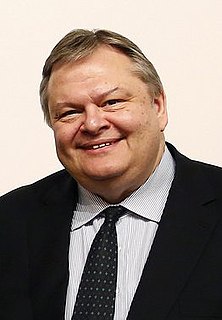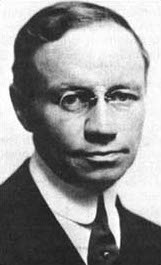A Quote by Aristotle
The true forms of government, therefore, are those in which the one, or the few, or the many, govern with a view to the common interest; but governments which rule with a view to the private interest, whether of the one or of the few, or of the many, are perversions. For the members of a state, if they are truly citizens, ought to participate in its advantages.
Related Quotes
Governments which have a regard to the common interest are constituted in accordance with strict principles of justice, and are therefore true forms; but those which regard only the interest of the rulers are all defective and perverted forms, for they are despotic, whereas a state is a community of freemen.
Civil society space provides the oxygen for citizens to participate and meaningfully hold their governments and the private sector to account - and ensure that decisions are made in the interest of the majority and not the few. Without it, citizens have limited space to dissent and challenge the elites.
Now what is just and right is to be interpreted in the sense of 'what is equal'; and that which is right in the sense of being equal is to be considered with reference to the advantage of the state, and the common good of the citizens. And a citizen is one who shares in governing and being governed. He differs under different forms of government, but in the best state he is one who is able and willing to be governed and to govern with a view to the life of virtue.
And government (to define it de facto, or according to modern prudence) is an art whereby some man, or some few men, subject a city or a nation, and rule it according to his or their private interest; which, because the laws in such cases are made according to the interest of a man, or of some few families, may be said to be the empire of men, and not of laws.
There is one view of the subject which ought to have its influence on those who espouse doctrines which strike at the authoritative origin and efficacious operation of the Government of the United States. The Government of the U.S. like all Governments free in their principles, rests on compact; a compact, not between the Government & the parties who formed & live under it; but among the parties themselves, and the strongest of Governments are those in which the compacts were most fairly formed and most faithfully executed.
Why it is that a garment which is honestly attractive in, say, 1910 should be honestly ridiculous a few years later and honestly charming again a few years later still is one of those things which are not satisfactorily to be explained and are therefore jolly and exciting and an addition to the perennial interest of life.
The house of representatives ... can make no law, which will not have its full operation on themselves and their friends, as well as the great mass of society. This has always been deemed one of the strongest bonds by which human policy can connect the rulers and the people together. It creates between them that communion of interest, and sympathy of sentiments, of which few governments have furnished examples; but without which every government degenerates into tyranny.
No man is greater than his prayer life. The pastor who is not praying is playing; the people who are not praying are straying. We have many organizers, but few agonizers; many players and payers, few pray-ers; many singers, few clingers; lots of pastors, few wrestlers; many fears, few tears; much fashion, little passion; many interferers, few intercessors; many writers, but few fighters. Failing here, we fail everywhere.
[T]he most common and durable source of factions has been the various and unequal distribution of property. Those who hold and those who are without property have ever formed distinct interests in society. Those who are creditors, and those who are debtors, fall under a like discrimination. A landed interest, a manufacturing interest, a mercantile interest, a moneyed interest, with many lesser interests, grow up of necessity in civilized nations, and divide them into different classes, actuated by different sentiments and views.




































